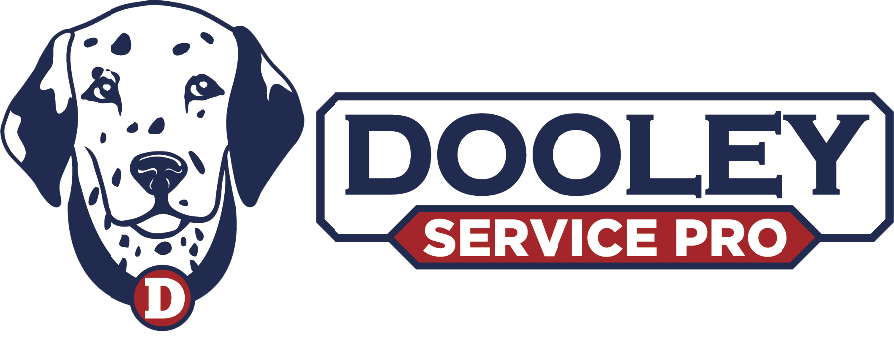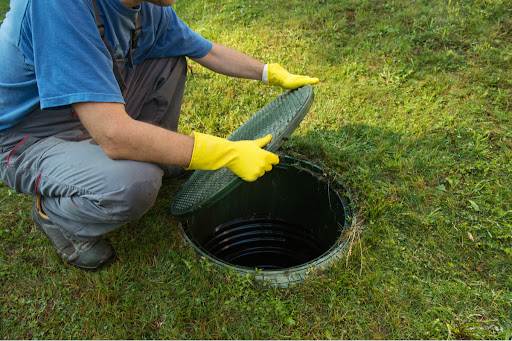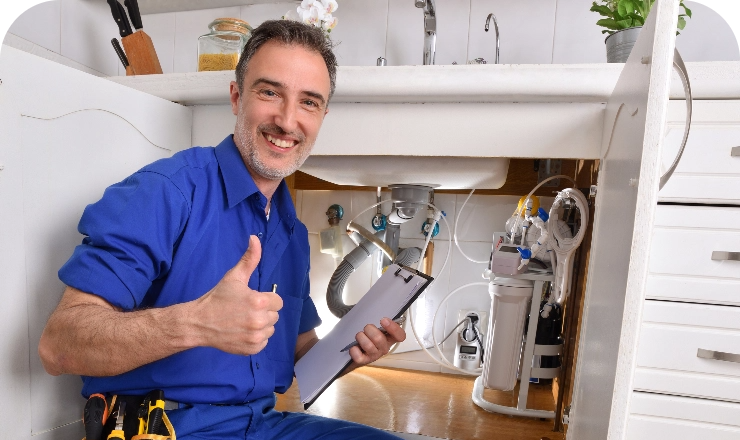A septic system is one of the most paramount — yet overlooked — functional elements of a property. Most homeowners are unaware of what they need to do to ensure the health and longevity of their septic systems. Given the high cost of component repairs and full-on replacement, it behooves property owners to take proper care of their septic system. As the leading provider of septic system inspections in and around Springfield, OH, our team is here to share how you can keep your septic system healthy:
Watch Your Water Usage
Among the most effective ways to protect your septic system is to ease up on the amount of water entering the septic system in the first place. As a rule of thumb, you shouldn’t allow too much water to go down the drain — keep the following in mind:
- If you wash dishes by hand, do not keep the water running continuously into your kitchen sink
- When washing your hands, don’t turn the water on until you’re ready to rinse off your lathered-up hands
- Don’t leave the faucet running as you brush your teeth
Utilize faucet nozzles
Sink and shower faucets are another way to preserve water. Affix an aerator to the faucet of any sink that does not have one, and consider attaching a flow reducer to your shower nozzle. These sorts of attachments let you adjust water pressure through each faucet, reducing the overall volumes of water used as you wish.
Stay on top of leaks
A dripping faucet may not seem like a huge emergency, but over time, it can lead to a considerable amount of water wasted. If you notice your faucet leaks at the tap or the base, make sure you line up the necessary repairs or replacements as soon as possible.
Maximize dishwasher and washing machine loads
Your dishwasher uses gallons of water to get everything clean, and if you’re not making the most out of each load, that results in a lot of wasted water. The dishwasher should only be used when it’s filled to capacity. If you run it more often because of a limited supply of dishes or utensils, it’s time to stock up! The same principle applies to washing machine loads. However, they may not always be full loads; you can conserve water by adjusting the water level based on the size of a given load.
Keep Your Drains Clean
Your drains are the gateway to your septic system — and treating it like a garbage can is a surefire way to wreak havoc. All in all, if it is not biodegradable, it’s not good for your septic system! This means:
- No coffee grounds, cotton balls, cat litter, or sanitary products
- No paints, oils, pesticides, solvents, or chemical drain cleaners
- No grease or cooking oils
- Reduced usage of disinfectants, bathroom cleaners, and bleach
Additionally, blood pressure medicine, antibiotics, chemotherapy, cholesterol, and other medications affect or kill bacteria within the tank and result in solids sinking before breaking down. This causes the sludge layer to build up faster, requiring the tank to be pumped more often to adhere to a property maintenance schedule.
Properly disposing of waste is imperative when it comes to your toilet as well; only toilet paper and human waste should be flushed.
What about my garbage disposal?
Despite what some advertising may want you to believe, no garbage disposals are considered “septic safe.” Undigested food put down the drain is chopped up into hard bits — not blended into a smooth liquid —which clogs drains and goes into the septic tank. This undigested food is unable to be broken down by the bacteria, thus reducing anaerobic bacteria in the tank.
Keep Surface Water Away
One of the most damaging factors to a drain field is water saturation, which can be a result of too much rain collecting in the area. When the drain field gets saturated, it is not capable of handling liquid waste. To ensure the health of your septic system, divert water from downspouts, roofs, driveways, and sump pumps. Also, consider landscaping your yard to channel water away from your septic system entirely.
Keep Your Septic System Safe With Dooley Service Pro
While it’s critical to do what you can to keep your septic system healthy, when things need repairing or replacing, you can trust our specialists to ensure your septic system works as it should once again. For more information about our comprehensive suite of offerings, including septic tank installations in Springfield, OH, and the surrounding communities, contact our team today.







